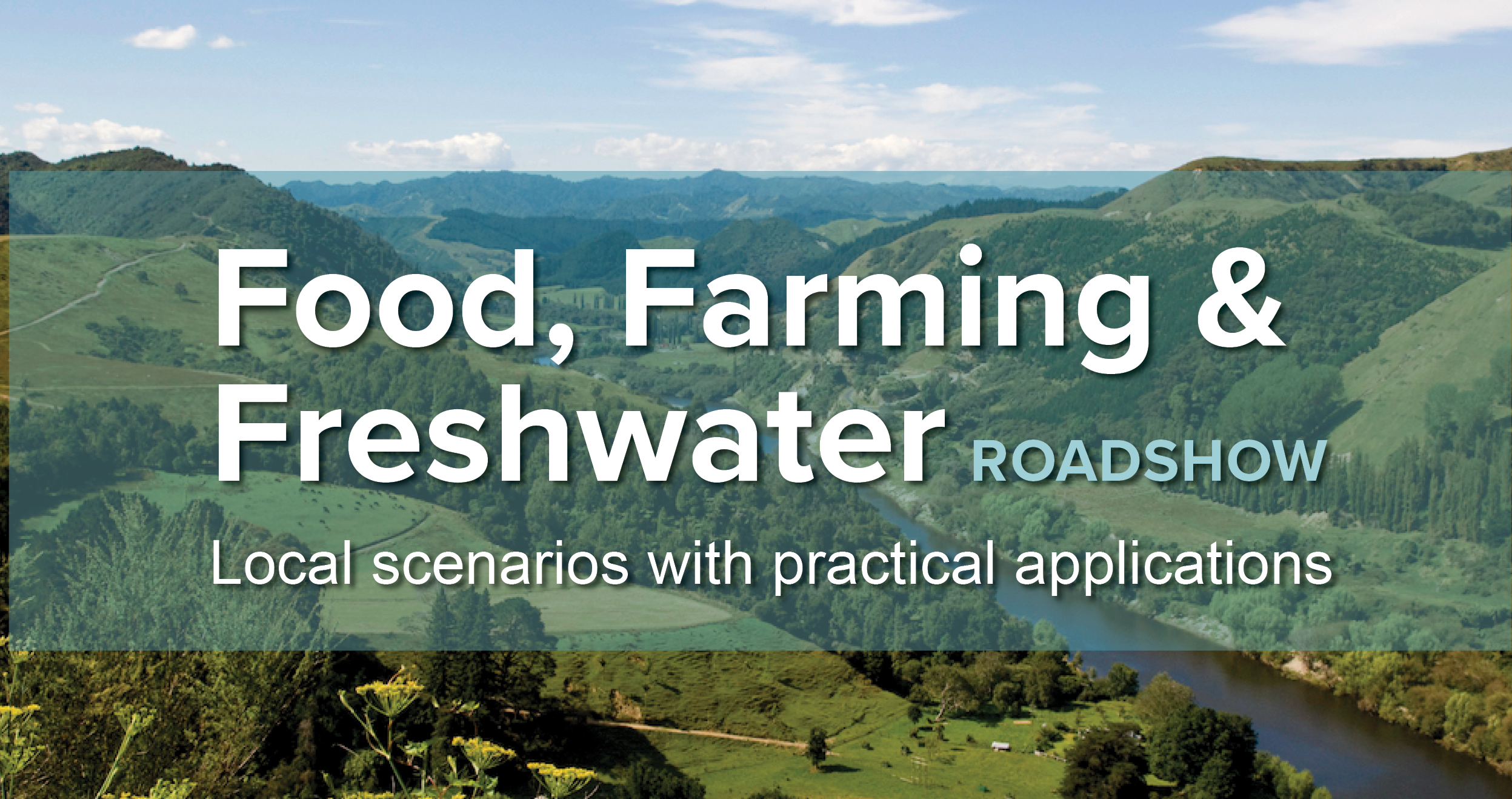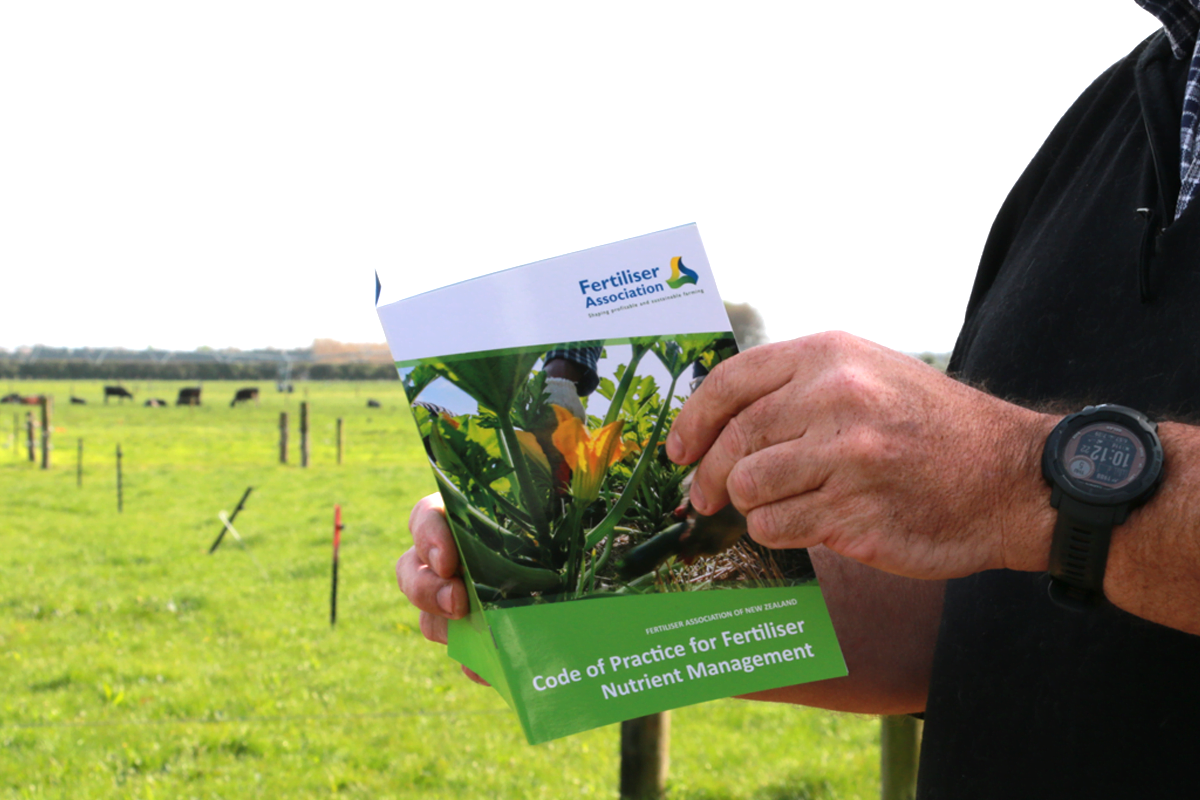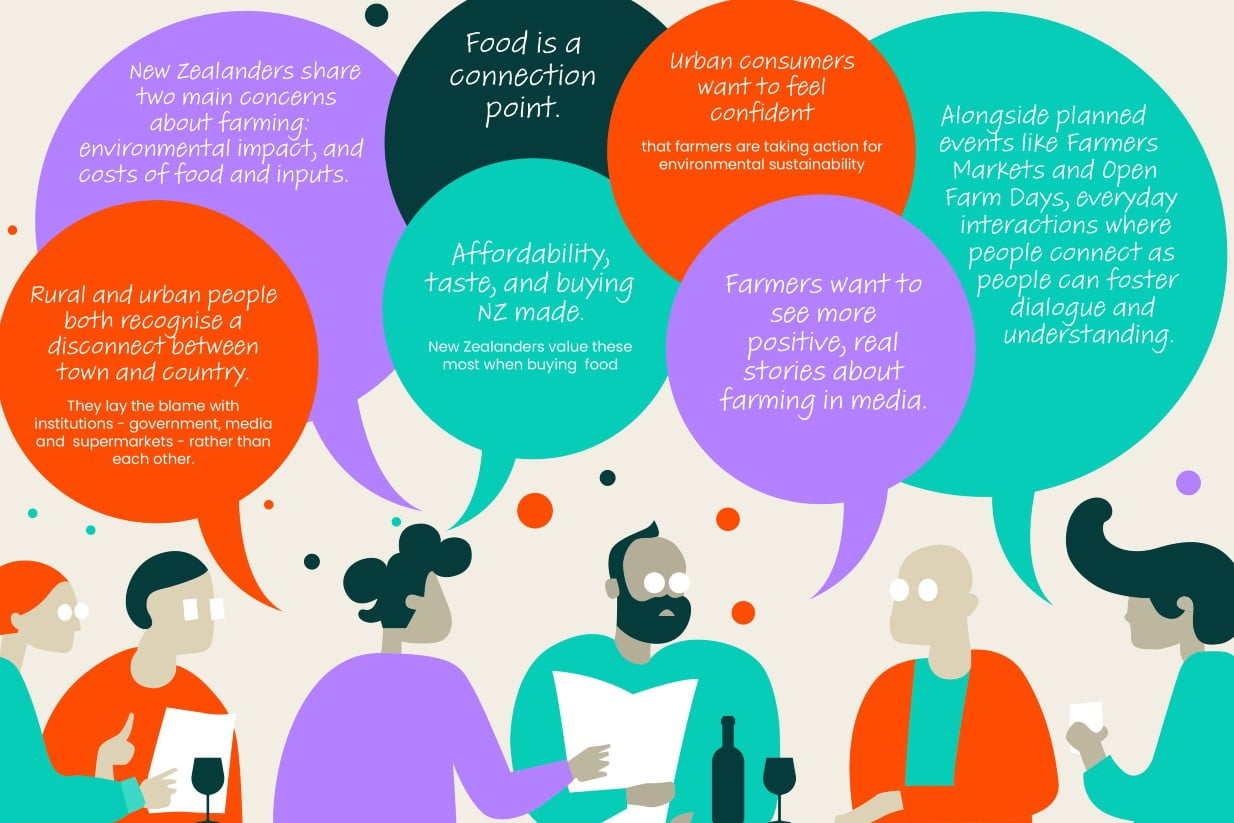Determining the economic and market potential of regenerative agriculture
November 2021
The usual ways to measure the economics of farming need to be expanded to fully understand the costs and benefits of regenerative agriculture practices in New Zealand, says this report. The report highlights the need to improve the way we value environmental stewardship, which would provide more balanced economic understanding of all farms in New Zealand.
“We need to broaden the way we value our food production systems,” says one of the report authors, Distinguished Professor Caroline Saunders, director of Lincoln University’s Agricultural Economics Research Unit (AERU). “Economics can help us assess a wider range of value from agriculture, to include its effect on society, culture and the environment.”
Accounting for environmental impacts, both negative and positive, could provide a useful approach for fully measuring the impact of the adoption of regenerative agriculture for New Zealand.
Agricultural businesses in New Zealand have often been criticized for not accounting for the full environmental costs of their products. In 2014, the costs of the negative environmental impact of the NZ dairy industry were estimated to exceed the 2012 dairy export revenue of NZ$11.6 billion.
The report also highlights the potential for regenerative farmers to access new and emerging financial benefits. These include carbon and biodiversity credits, ‘green finance’ from financial institutions (in which terms are tied to environmental or social goals), and transition finance (through private investment such as Calm the Farm, for example).
‘Regen ag’ is a sustainability trend that is likely to move at different paces internationally, says the report, which suggests methods to assess the possible value of regenerative agriculture in different markets. Recent market studies found that about 40% of New Zealand’s potential food customers in California and the UK are aware of regenerative agriculture, and associate ‘regen’-farmed food with reduced environmental impacts and improved animal welfare.
“These qualities have potential to help New Zealand agribusinesses generate more value for our food exports. There could be potential to generate a premium, protect market share, or further strengthen New Zealand’s food reputation,” says Professor Saunders.”The commercial success of regenerative agriculture will depend on the prices that farmers can get for their products, especially overseas.”
This report is a perspective paper. It seeks to provide an overview of issues / topics relevant to determining the economic and market potential of regenerative agriculture (RA), and to more widely appraising the economic benefits or costs of adopting RA. In doing so, the report also highlights key knowledge gaps and proposes methodologies to fill these gaps. The first part of this report focuses on metrics and methodological approaches that could be used for answering these questions. The second part of this report highlights modelling approaches that could be used to investigate the future economic impact of RA adoption on farming businesses, entire ag sectors and on the entire country. Other questions often asked are whether RA produce is marketable, discussed in the third part of this report. The fourth and final part of this report looks at possible options for assessing the economic benefits and / or costs of the environmental impacts of RA.
Contract Report: LC3954-8
 View Our Strategy Document 2019 – 2024
View Our Strategy Document 2019 – 2024



